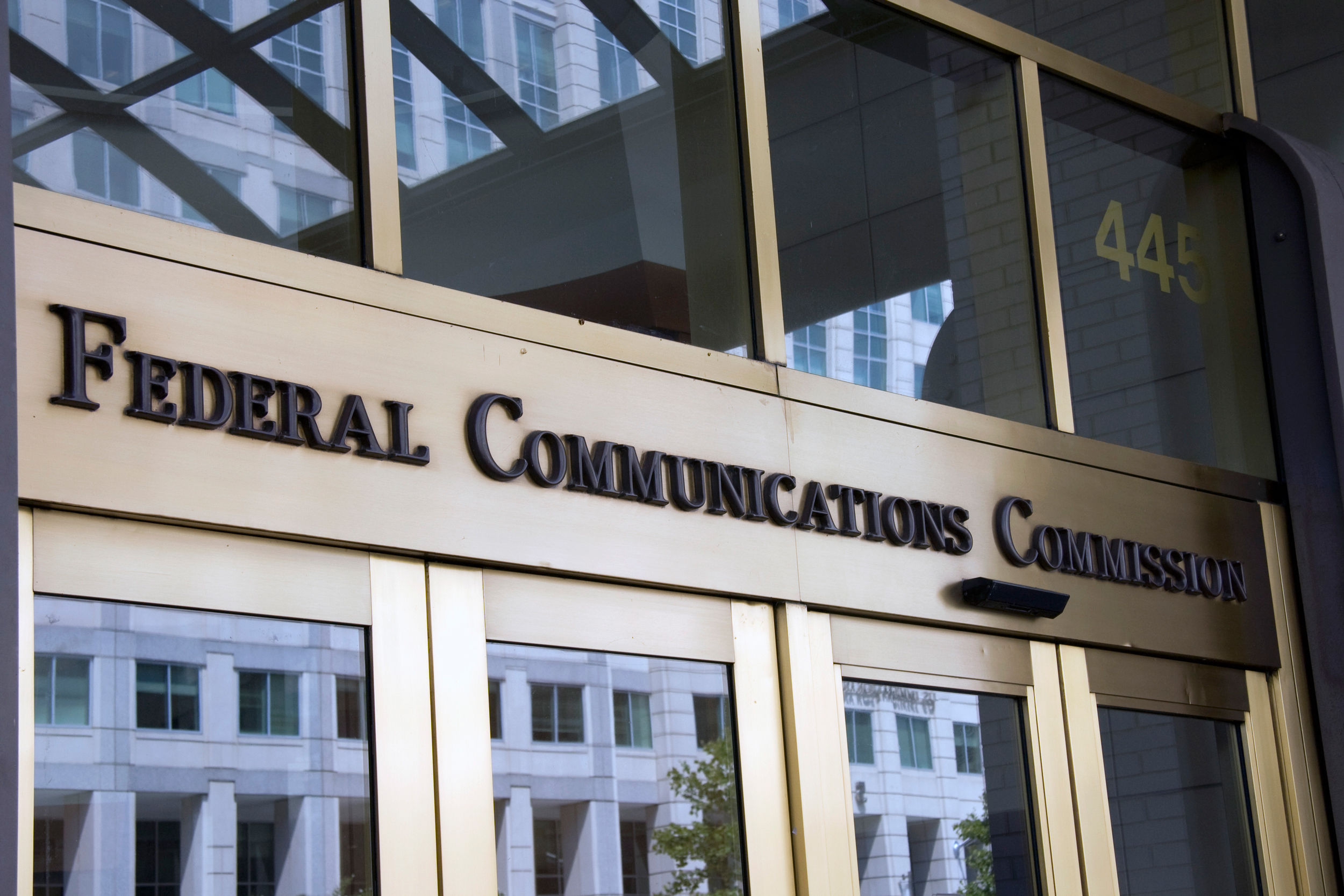FCC Releases Framework for Regulatory Cost-Benefit Analysis
Will vet the economic impact of rules and mergers

The smarter way to stay on top of the streaming and OTT industry. Sign up below.
You are now subscribed
Your newsletter sign-up was successful
The FCC's Office of Economics and Analytics (OEA) has released a memorandum outlining how major FCC rulemakings--those determined to have an "annual impact" of $100 million or more--will get a cost-benefit analysis.
Those reviews will happen before any rulemaking proposal is made public and will include not only new rules, including making sure those rules can pass Administrative Procedure Act requirements that they not be arbitrary and capricious, but also as part of the FCC's quadrennial review of whether existing rules are still in the public interest.
Related: FCC's Economics Office's First Conclusion Is that Office Is Justified
OEA is charged for doing such analysis on "rulemakings, transactions, adjudications, and other Commission actions."
The FCC established the office in 2018 to make sure that economic impact is factored into its decisionmaking.
The memorandum, which went to all FCC bureau and office chiefs, OEA said the office will be:
(1) "[C]ollaborating with and advising other Bureaus and Offices 'in the areas of economic and data analysis and with respect to the analysis of benefits, costs, and regulatory impacts of Commission policies, rules, and proposals'";
The smarter way to stay on top of the streaming and OTT industry. Sign up below.
(2) "[C]onfirming that it has reviewed each rulemaking 'to ensure it is complete before release to the public;' and
(3) "[R]eviewing and commenting on significant issues of economic and data analysis raised in connection with proposed actions."
“This memorandum lays out a systematic way to incorporate economic analysis into Commission actions that can have a significant impact on the country," said FCC Chairman Ajit Pai. "I thank our staff for working so hard to bring the Office of Economics and Analytics from design concept to reality.”
It will be up to a future, Democratic, FCC to decide whether that is how they want the office to function after Jan. 20, but doing economic impact reviews has bipartisan precedent. Then-President Barack Obama issued an executive order requiring agencies to do cost-benefit analysis on regulations. While it did not apply to independent agencies like the FCC, those agencies generally try to follow such leads to the degree possible.
In December 2018, Pai formally created the office (https://www.nexttv.com/news/fcc-economics-offices-first-conclusion-office-is-justified), which was almost two years in the making.
The office brings together approximately 100 staffers including economists, attorneys and data specialists from across the FCC with the goal of improving the analysis and data usage. Auction oversight has also been moved under the new office.
Pai has explained the need for creating the separate office as prompted by his conclusion that FCC economists were not always "used optimally"--working in siloes, employed ad hoc and late in the process--which he said, employing some economic argot of his own, was a "serious opportunity cost" for the FCC and the public.
Contributing editor John Eggerton has been an editor and/or writer on media regulation, legislation and policy for over four decades, including covering the FCC, FTC, Congress, the major media trade associations, and the federal courts. In addition to Multichannel News and Broadcasting + Cable, his work has appeared in Radio World, TV Technology, TV Fax, This Week in Consumer Electronics, Variety and the Encyclopedia Britannica.

